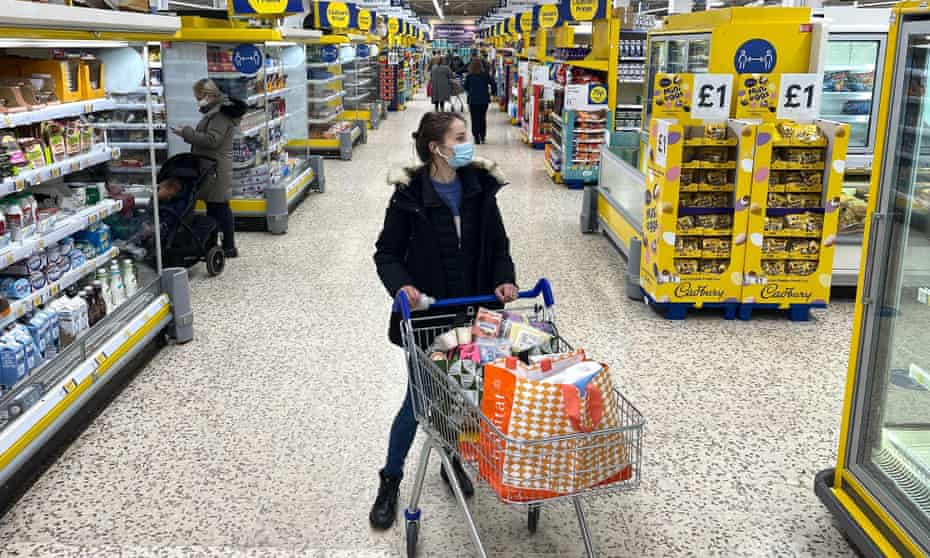Extract from The Guardian
Constant recalibration of risk in the face of a mutating virus is causing decision fatigue, leading to binge eating and even impulse shopping.

During the first wave of the pandemic, hospital workers had a great deal to say about the horrendous choices they were being forced to make on oversubscribed, underequipped wards. Why should one person deserve a ventilator more than another? How would you make that call, at speed? There was the life-or-death nature of the decisions. The pressure was unbearable.
Almost two years later, with Covid-19 still putting a strain on health services across the world, the rest of us are perhaps experiencing a more diffuse form of “decision fatigue”. While the choices themselves may not be as obviously acute, they are nonetheless concerned with mortality. Would you trust a rapid lateral flow test in a situation that really mattered? Is it OK to go to the gym? Which is safer, taxi or public transport?
According to an article published by the American Medical Association, a person with decision fatigue may experience tiredness and brain fog, and this is likely to become worse over the course of a day. When your brain gets overloaded it starts to look for ways out. You are liable to put off decisions, make them rashly, pretend there isn’t a problem or get stuck painfully wavering. As if that isn’t bad enough, you may also find yourself losing your temper, binge eating or impulse buying; decision fatigue can affect your capacity to self-regulate.
It’s hard to feel OK when your mind is overburdened, assessing both the immediate risks and knock-on consequences of a mutating virus. Plus it’s not just the virus that changes, but also the policies to deal with it. The rollout of vaccines and treatments means that the calculations you have to make require constant recalibration. We are increasingly invited to make our own judgments, and these may very well be at odds with the ideas of those around us. What if your teenage kids want to go to an indoor party? Will it cause a row? Who’s to say whose opinion should hold sway in a situation with so many variables? Perhaps your kids’ mental health would be greatly improved by a slightly risky outing. Not to mention your own. Even if you think you know your own mind, you may find yourself coming up against the minds of others, who also have a point.
On the bright side, the end may finally be in sight, but we now know from experience that pandemics don’t back down without a fight. Just when you think it’s safe to go back in the water, it isn’t. The problem is that one of the big hazards of decision fatigue is recklessness. If we get it into our heads that the worst is over, we may be tempted to rush back into old habits, and as a consequence place ourselves in high-risk environments.
If you think you may be experiencing Covid decision fatigue you’re not alone, and there are things you can do about it. Rather than attempting to ride out the end of the pandemic in a haze of nightclubs and regrettable purchases, a better option may be to rethink your decision-making processes. First, try to make all important decisions in the mornings, before your faculties begin to deteriorate. And second, try to reduce the number of decisions you make. Definitely don’t start thinking about where to go on holiday just yet. Eat the same thing for breakfast every day. Keep the same haircut for a while. Walk the same dog around the same park in the same direction. Don’t create options when one solution works just fine.
We live in a society in which an ever increasing number of products and services are sold to us, and we have lost sight of the merits of simplicity. If anything positive can be gleaned from this moment in time, it is that we can choose to have less choice. That way we can spend all day every day contemplating the important decisions, like how best to use our last two LFTs. And with luck, by the time we’ve worked it out, all this will seem like a bad dream.
Anouchka Grose is a psychoanalyst and the author of No More Silly Love Songs
No comments:
Post a Comment